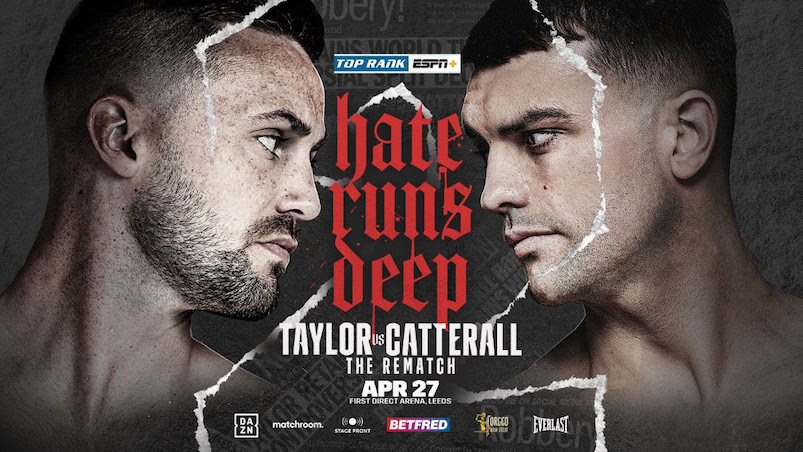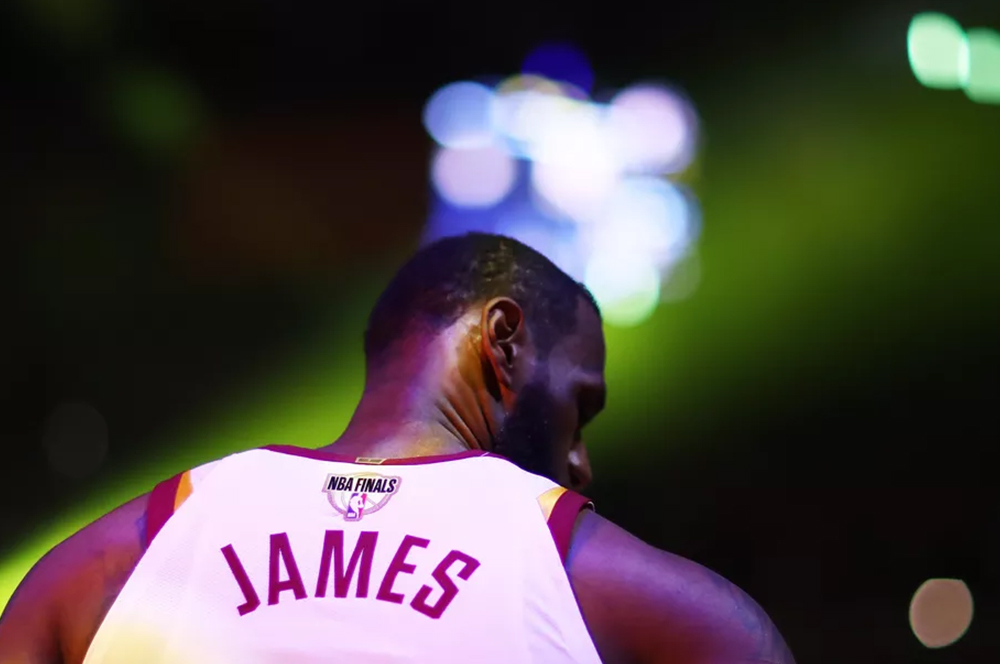Pretty damn screwed.
When LeBron James left the Cleveland Cavaliers in 2010, it crushed that franchise. But fortune and one killer trade helped the Cavaliers quickly amass some assets, enough to make a 2014 return to Cleveland for LeBron alluring.
During an awful 2010-11 season, the Cavaliers made a trade with the LA Clippers, providing cap relief and actual relief from dealing with Baron Davis. The price was an unprotected first-round pick. That pick became Kyrie Irving. Cleveland nabbed Tristan Thompson with its own pick. Irving became an all-star point guard and Thompson developed into a valuable defensive big man. Both played a major role on the 2016 championship club.
Another No. 1 pick in 2014 (along with Anthony Bennett, the disappointing No. 1 pick in 2013) was the price to grab Kevin Love, the third-best player on that 2016 title team and the team’s No. 2 option since Kyrie left in a huff last summer. Not much worked out for the Cavaliers in the four-year LeBronian interregnum, but the NBA Draft lottery was kind, directly or indirectly providing three of the top four players on that title team — everyone but LeBron.
Don’t get it twisted: the Cavaliers were awful without LeBron for those four years. But luck and crafty deal-making put together at least a base from which a superstar-led squad could make a run.
If LeBron leaves again this summer, how do the Cavaliers bounce back? How long does it take?
With the benefit of having seen it all unfold, the Cavaliers’ four years in purgatory don’t seem so bad. The Timberwolves went more than a decade between playoff appearances, and the Kings are currently riding a 12-year dry spell.
It’s worth wondering how long Cleveland’s drought would have lasted had LeBron not come back in 2014. Andrew Wiggins would not have been traded for Love, because there would have been no hope that Love would re-sign in Cleveland in 2015. An Irving-Wiggins-Thompson team isn’t striking fear into many. David Blatt famously took the helm in 2014, weeks before LeBron came back, and perhaps he could have made the squad interesting. But Mike Brown, a successful coach, had failed so thoroughly to make anything out of those Kyrie-led Cavaliers that it’s hard to imagine much.
In the alternate timeline where LeBron didn’t return to Cleveland and the Cavaliers didn’t make four straight NBA Finals series, perhaps the team still wouldn’t have even made the playoffs. It’s possible, at least.
We can’t know exactly what will happen to a second post-LeBron Cavaliers team because we don’t know how Cleveland’s front office will respond. It’s tough to imagine a quick tank job a la the 2011 team: the Cavs will still have Love, who is loads better than anyone on the 2010-11 Cavaliers, plus a bunch of veterans under contract. However, Cleveland could ship Love off — he will make $24 million in 2018-19 and has a $26 million player option in 2019-20 — and he could be valuable to the right team.
Moving any other veterans will be difficult. Consider the salaries some of these players are due next season.
J.R. Smith: $15.6 million.
George Hill: $18 million.
Jordan Clarkson: $13.4 million.
Tristan Thompson: $18.5 million.
There won’t be a market for them. With Love and without LeBron, that’s probably a 35-win team, too good to likely get a top draft pick even with the reformed lottery odds. (Thirty-five wins got you the 10th-worst record in the NBA last season. That gives you an 86 percent likelihood you’ll pick No. 10 or worse in the revised lottery.)
But should the Cavaliers be able to move Love, the Cavaliers would likely get five or so games worse, possibly landing 50-50 odds to pick in the top four. The 2019 NBA Draft hasn’t really shaped up yet, but that could be big.
Yet the salary purgatory would continue.
Clarkson is due $13.4 million in the 2019-20 season. Thompson is on the books for $18.5 million. Smith will be guaranteed just under $4 million. A 39-year-old Kyle Korver will be due at least $3 million. The Cavaliers will be able to climb out of Hill’s contract by paying him just $1 million.
Should Cleveland waive Korver, Smith, and Hill to save on their salaries in the 2019 offseason, the Cavaliers would be devoting $55 million in salary cap space during the 2019-20 season to Clarkson, Thompson, Ante Zizic, Larry Nance Jr., whoever they pick with the No. 8 selection in the 2018 draft, and likely another mid-lottery pick in 2019. The Cavaliers could cut $4 million off that by choosing to decline Zizic’s fourth-year option, but they’d need to make that decision by October 2018. The same applies to Nance’s $3.3 million fourth-year option. Cedi Osman will have a qualifying offer to match in the summer of 2019 as well that would tie up some cap space.
That’s roughly half of Cleveland’s projected cap sheet devoted to Jordan Clarkson, Tristan Thompson, Larry Nance Jr., Ante Zizic, and two mid-range lottery picks.
That is not a launching pad for success.
This is the price of trying to keep your team in the NBA Finals every year. It’s really, really hard to manage the cap sheet when you have to re-sign players experiencing great success due to your team’s improved state. With expectations sky high, the Cavaliers felt pressure to soak up bad contracts like those of Hill and Clarkson just to upgrade the talent enough to make LeBron feel like he had a chance this year.
Cap space isn’t a magic pill; it’s actually difficult to use properly. The real problem for the Cavaliers isn’t so much that so many limited resources will be tied up, it’s that those resources will be tied up with those players.
How Love figures into that future is interesting to consider. Getting cap space for 2018-19 is moot because of all the other contracts, and with Love’s free agency due in 2020, is it worth keeping him around if Cleveland will struggle to put a competitive roster around him in 2019-2020 with fairly limited cap space? There’d be enough space for one star (a tough sell) or two starter-level players, if the Cavaliers can actually bring those caliber of player to town in a post-LeBron world. The team’s experience after LeBron’s first departure indicates that will be a struggle.
This will all be irrelevant if LeBron decides to stay and finish his career in Cleveland. In that case, the cap sheet is going to be a complete mess forever. Either Dan Gilbert will pony up luxury tax payments to keep LeBron happy, or he won’t. Either the front office will make smart deals to get the right talent around LeBron, or it won’t.
But if LeBron leaves, another purgatory is coming for Cleveland. Cleaning up the end of another LeBronian reign won’t be pretty.



